Dominica acceded to the Rome Statute on 12 February 2001, becoming the 29th State Party.
Dominica acceded to the Rome Statute on 12 February 2001, becoming the 29th State Party.
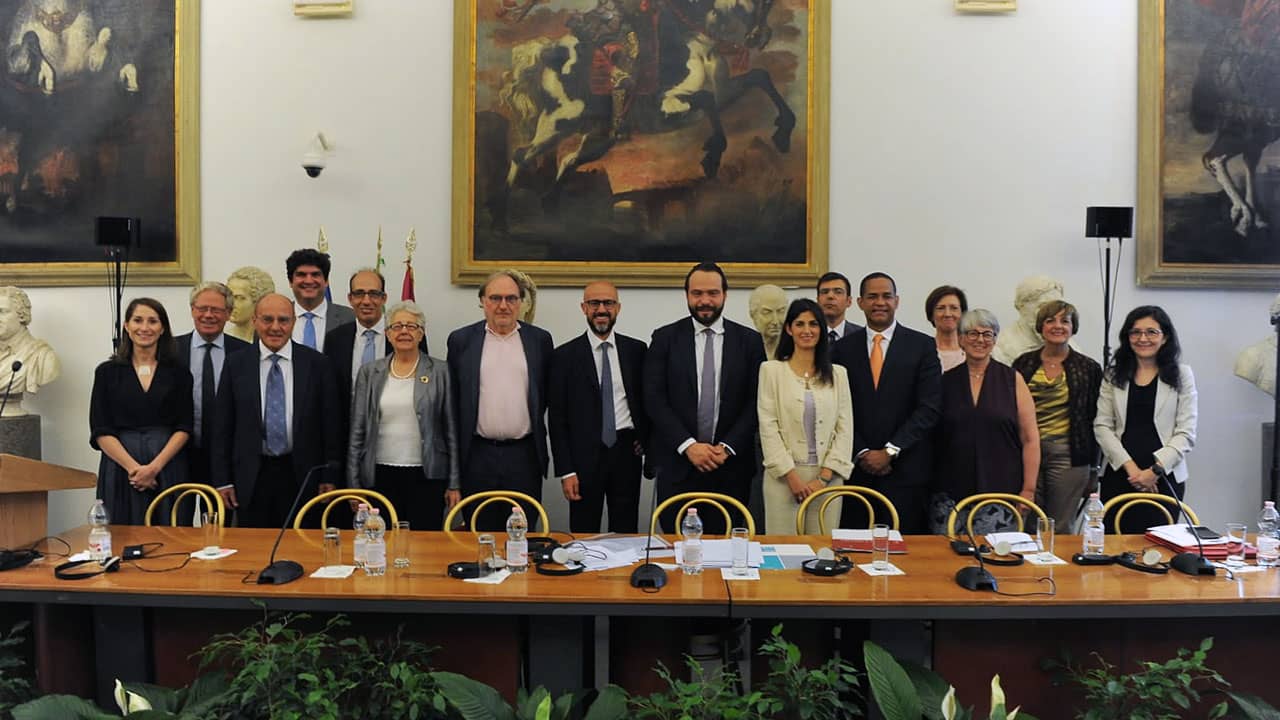
Contrary to the popular belief, the Rome Statute was effectively opened to the signatures by States on 18 July 1998, when the Final Act of the Rome Diplomatic Conference was signed.
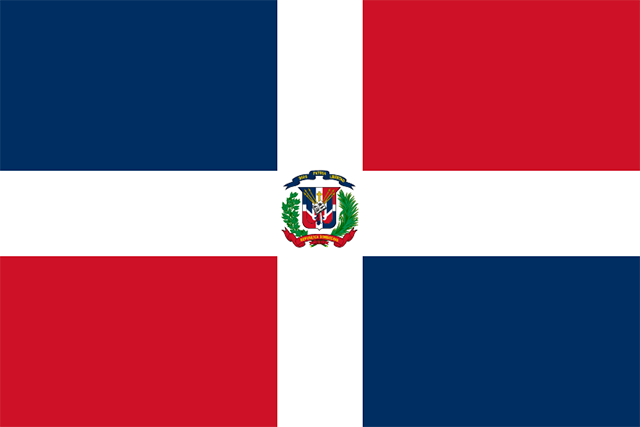
On 19 June 2018, the House of Deputies of the Dominican Republic approved in first reading the Draft Bill Number 05835-2016-2020-CD on Cooperation and Relations with the ICC.

Chairperson of the PGA National Group in Dominican Republic, Dip. Victor Bisonó has met with the Minister of Foreign Affairs of the Dominican Republic to discuss the importance of the ratification of the Kampala Amendments by Dominican Republic.
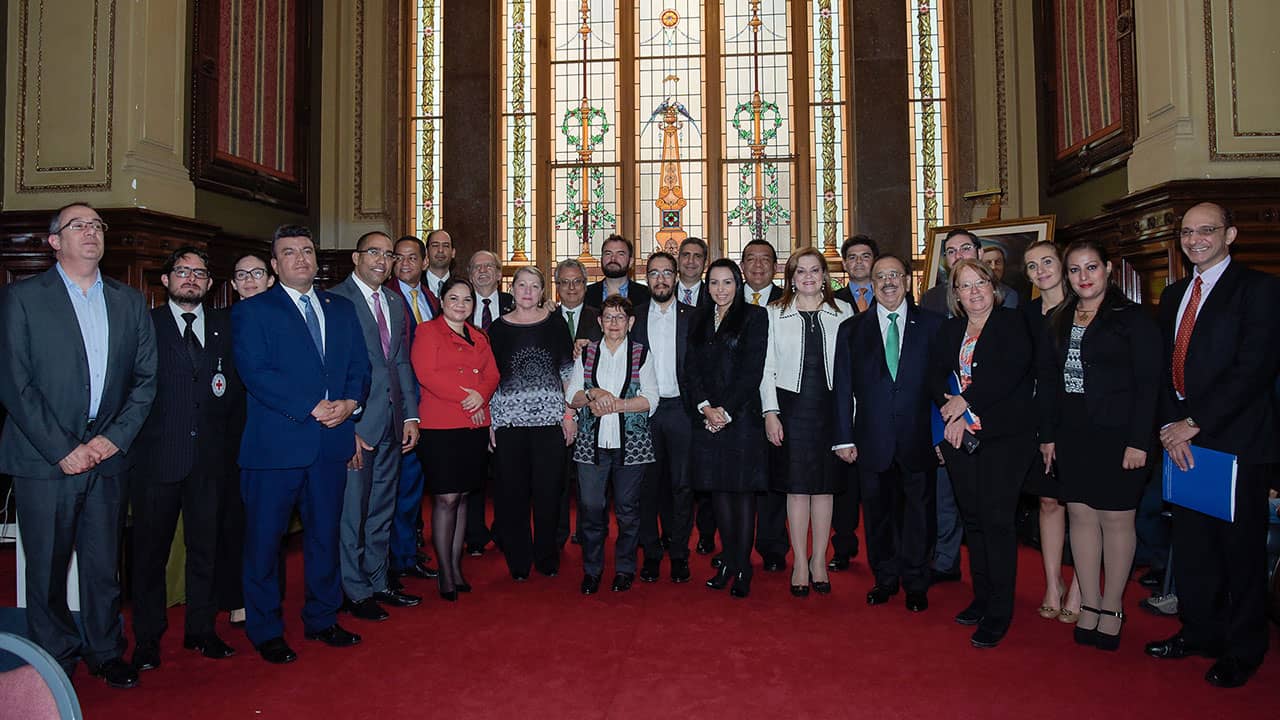
On 28-29 September 2016, in the framework of its Parliamentary Campaign for the Effectiveness and Universality of the Rome Statute, Parliamentarians for Global Action (PGA) organized a Parliamentary Seminar.
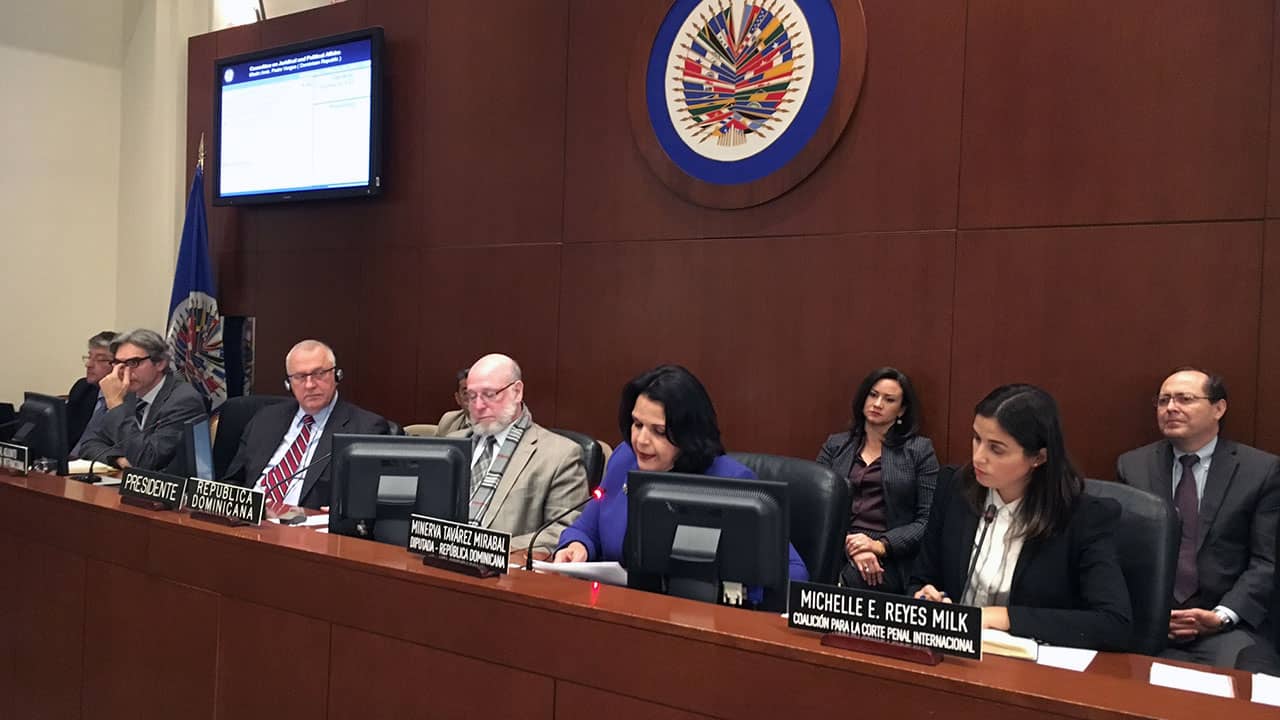
In February 2016, PGA President, Dip. Minou Tavarez Mirabal (Dominican Republic) addressed the Committee on Juridical and Political Affairs of the Organization of American States (OAS) at its regular high-level session on the International Criminal Court.

The briefing aimed at providing different views on the potential role that the ICC could play in fighting impunity of those responsible for committing international crimes in Syria, Iraq and other areas of the world affected by ISIS.
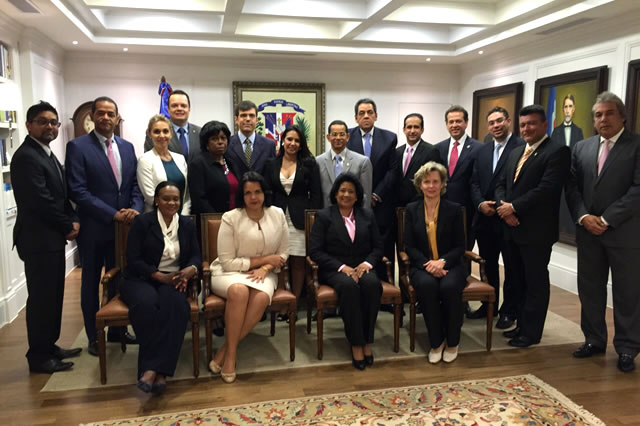
On 10 - 11 March, 2015 PGA organized, together with the Senate of the Dominican Republic, a Parliamentary Workshop on the Ratification and Implementation of the Rome Statute and the Kampala Amendments.
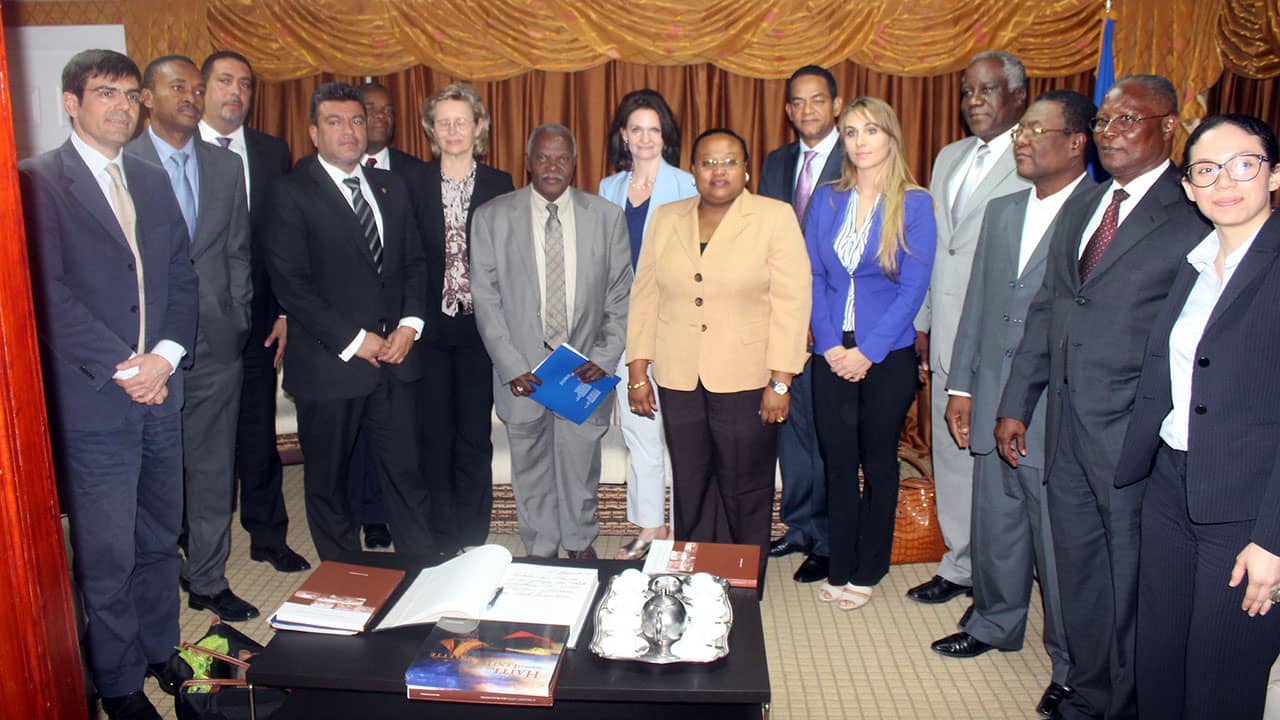
PGA has organized a Parliamentary Mission from the Dominican Republic to the Parliament and Government of Haiti to contribute to the furtherance of the country’s engagement with international justice and to promote Ratification of the Rome Statute.
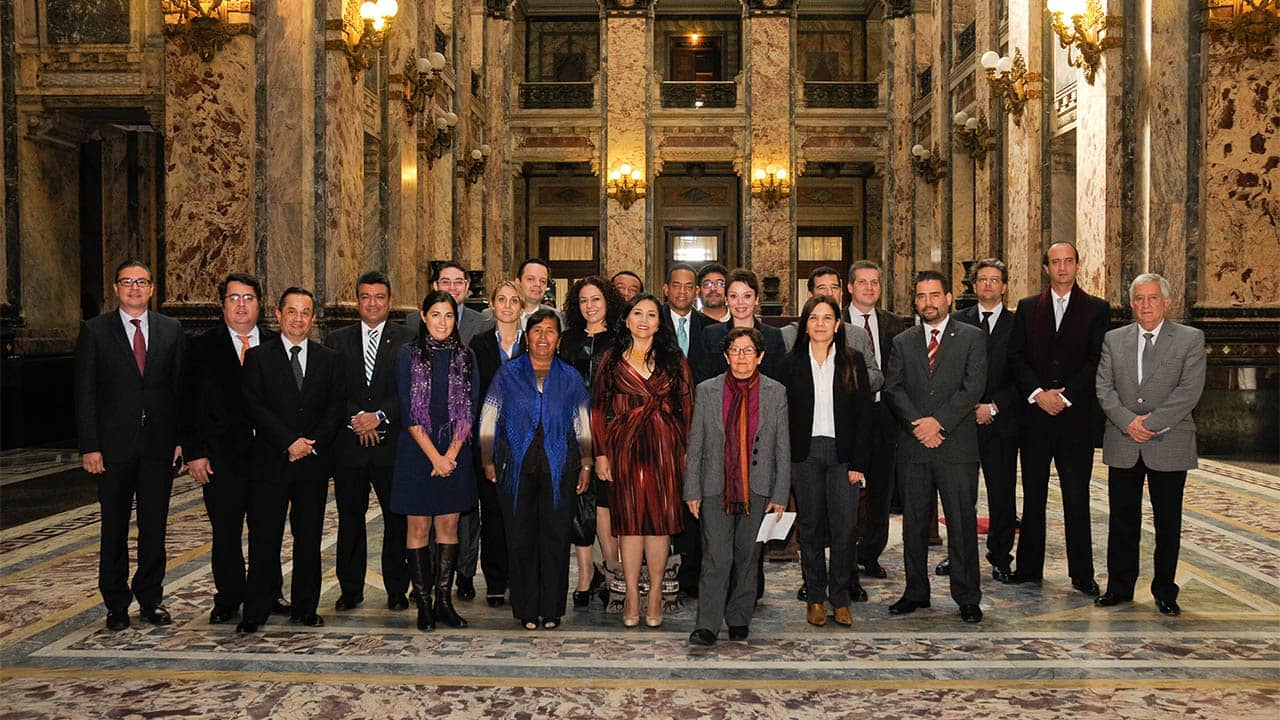
The intense activities and discussions brought together over 25 Parliamentarians from 12 different Latin American States.
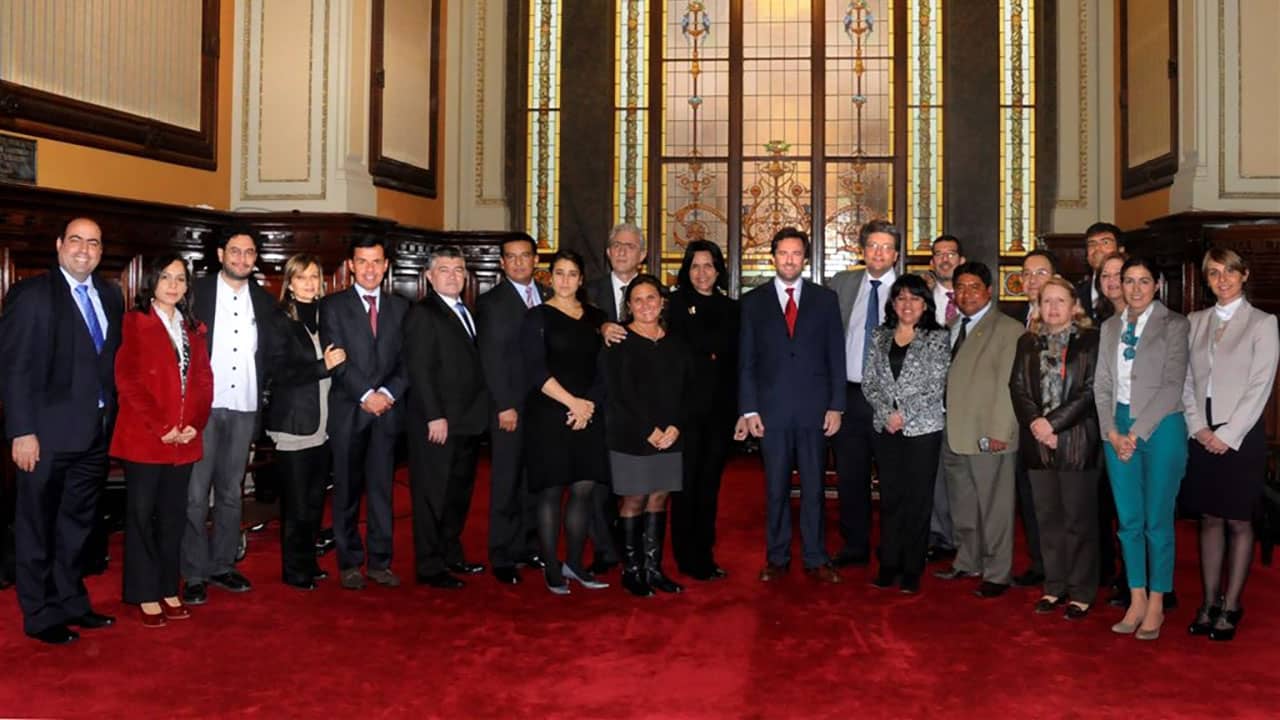
In September 2013, PGA organized a Parliamentary Seminar and a technical Roundtable in the framework of a Sub-Regional Working Group on Challenges for the Effectiveness of the Rome Statute system in the Americas.
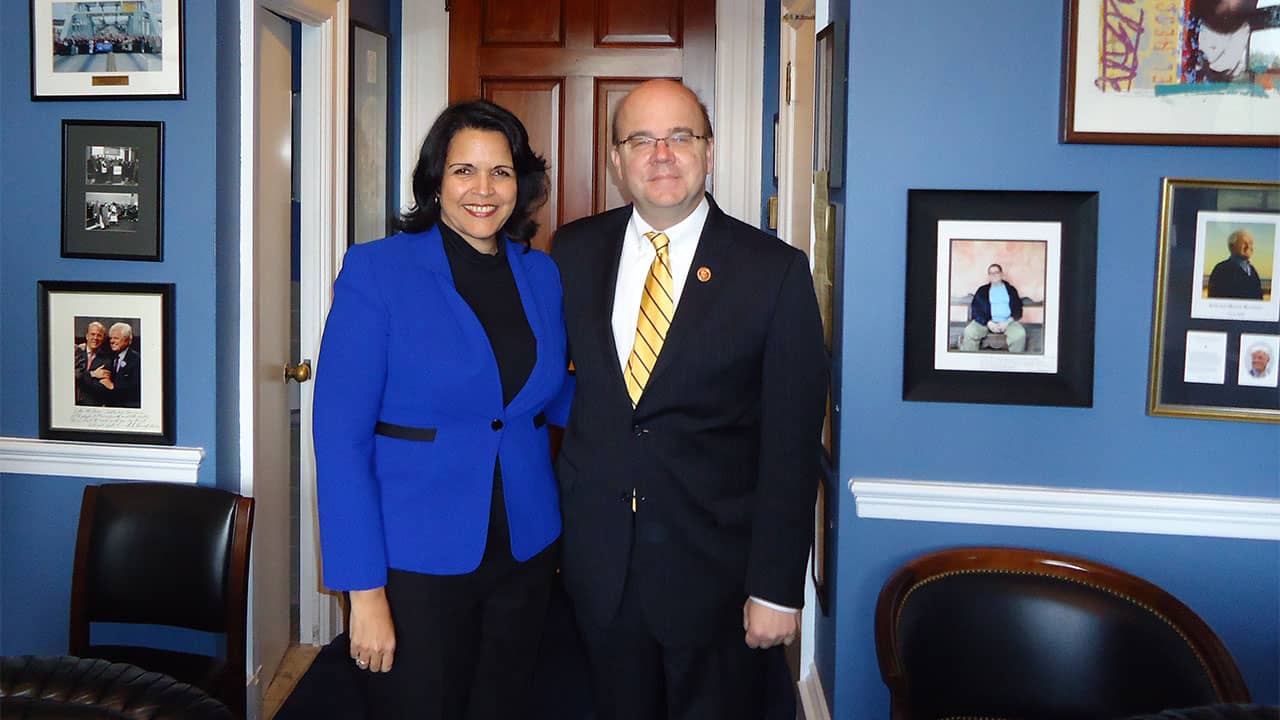
On Aril 11, 2013, the Chairperson of the International Council of PGA addressed the Political and Juridical Affairs Committee of the Organisation of American States at its regular high-level session on the International Criminal Court. Dip. Minou Tavarez.
